Beyond ‘guilty’ or ‘not guilty’ – could a range of verdict options be more just?
Many countries have a binary justice system that sorts defendants into two very broad categories: ‘guilty’ and ‘not guilty’. Those deemed ‘not guilty’ are often left with the stigma of a criminal record, even when the accused was overwhelmingly proven to have done nothing wrong. Meanwhile, another defendant might also be labelled ‘not guilty’, despite substantial evidence of guilt, if a single juror had some lingering doubts. And in some countries, such as the United States, the system incentivises agreements that pressure defendants to plead guilty to crimes regardless of their actual guilt. In this video from Wireless Philosophy, Barry Lam, an associate professor of philosophy at Vassar College, discusses alternatives to the prevailing two-verdict system that might more accurately reflect degrees of uncertainty – as well as some of their potential pitfalls.
Video by Wireless Philosophy
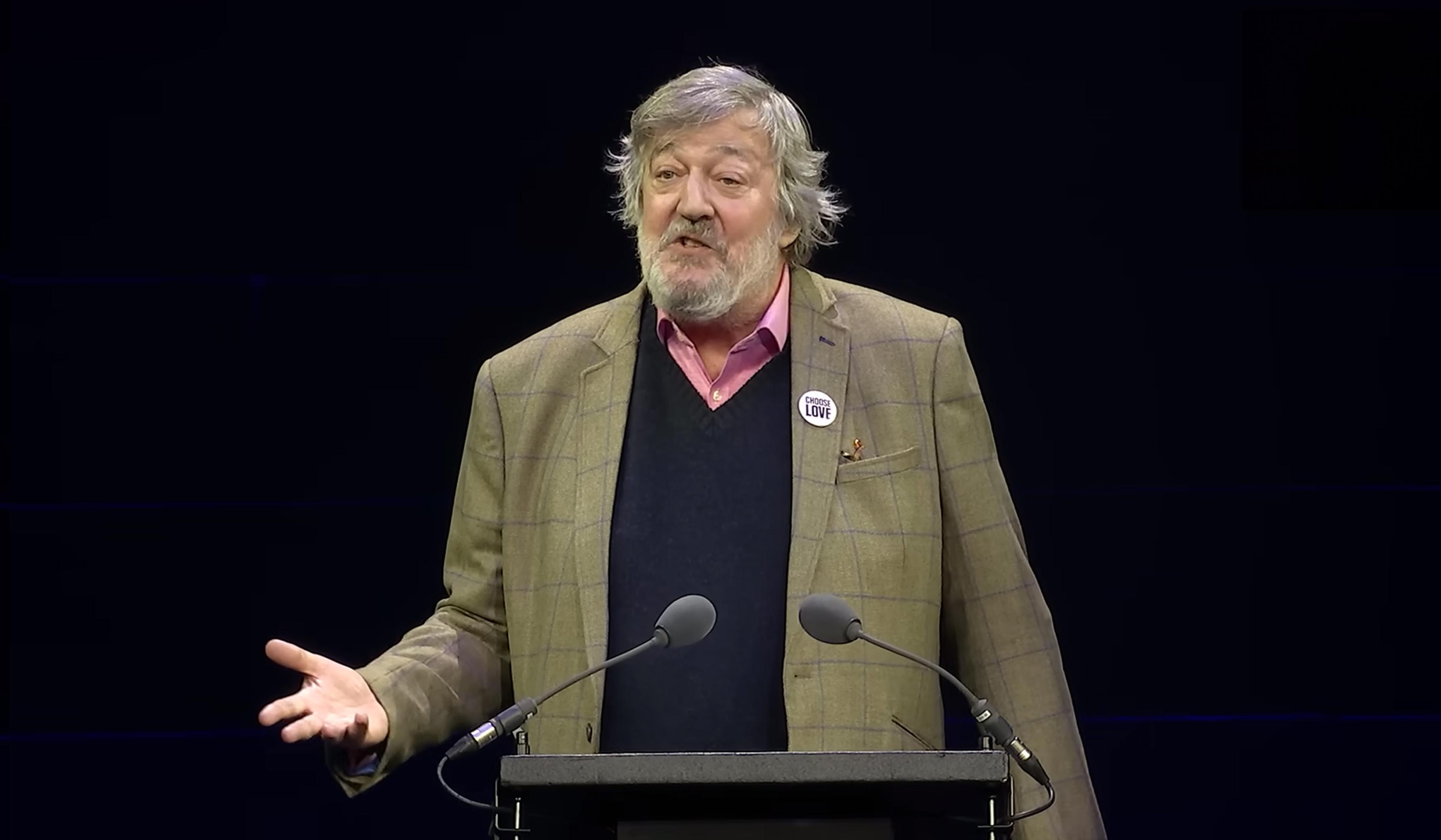
video
Meaning and the good life
Why strive? Stephen Fry reads Nick Cave’s letter on the threat of computed creativity
5 minutes
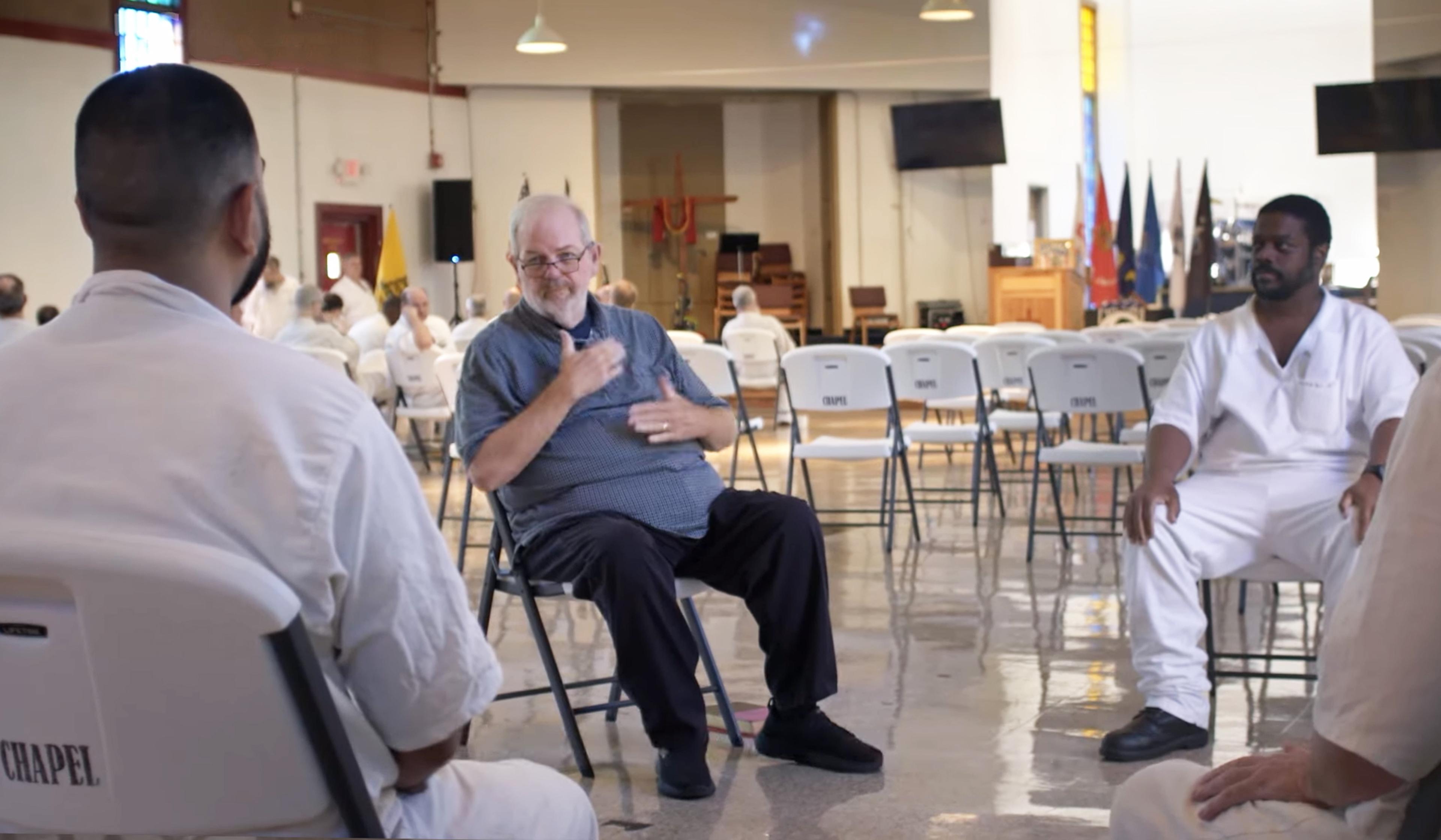
video
Human rights and justice
‘I know that change is possible’ – a Deaf prison chaplain’s gospel of hope
18 minutes
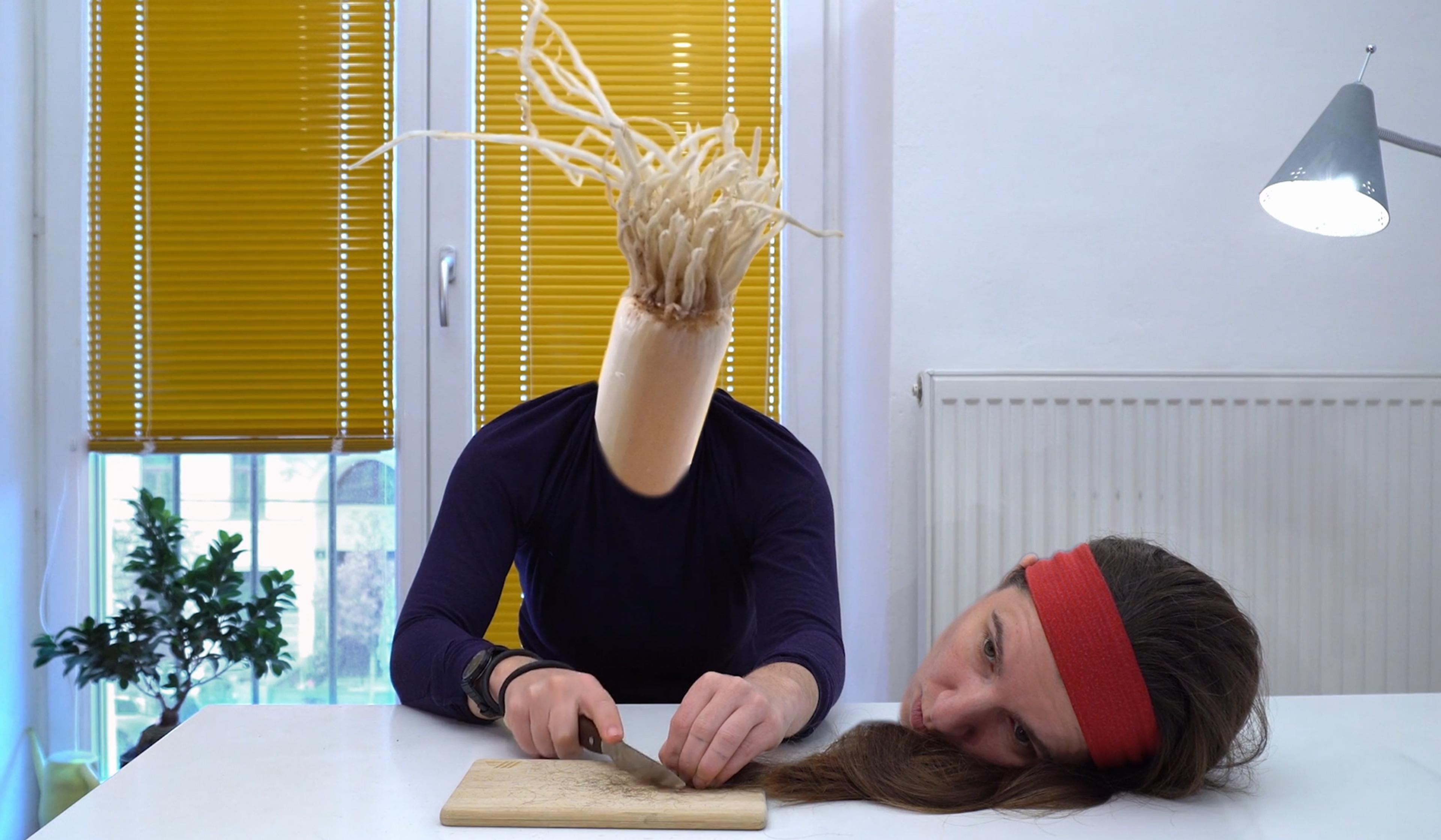
video
Technology and the self
An artist swaps her head with everyday objects in a musing on consumerism
4 minutes

video
Art
The overlooked polymath whose theatrical oeuvre made all of Rome a stage
30 minutes

video
Film and visual culture
An augmented-reality filter reveals the hidden movements all around us
7 minutes
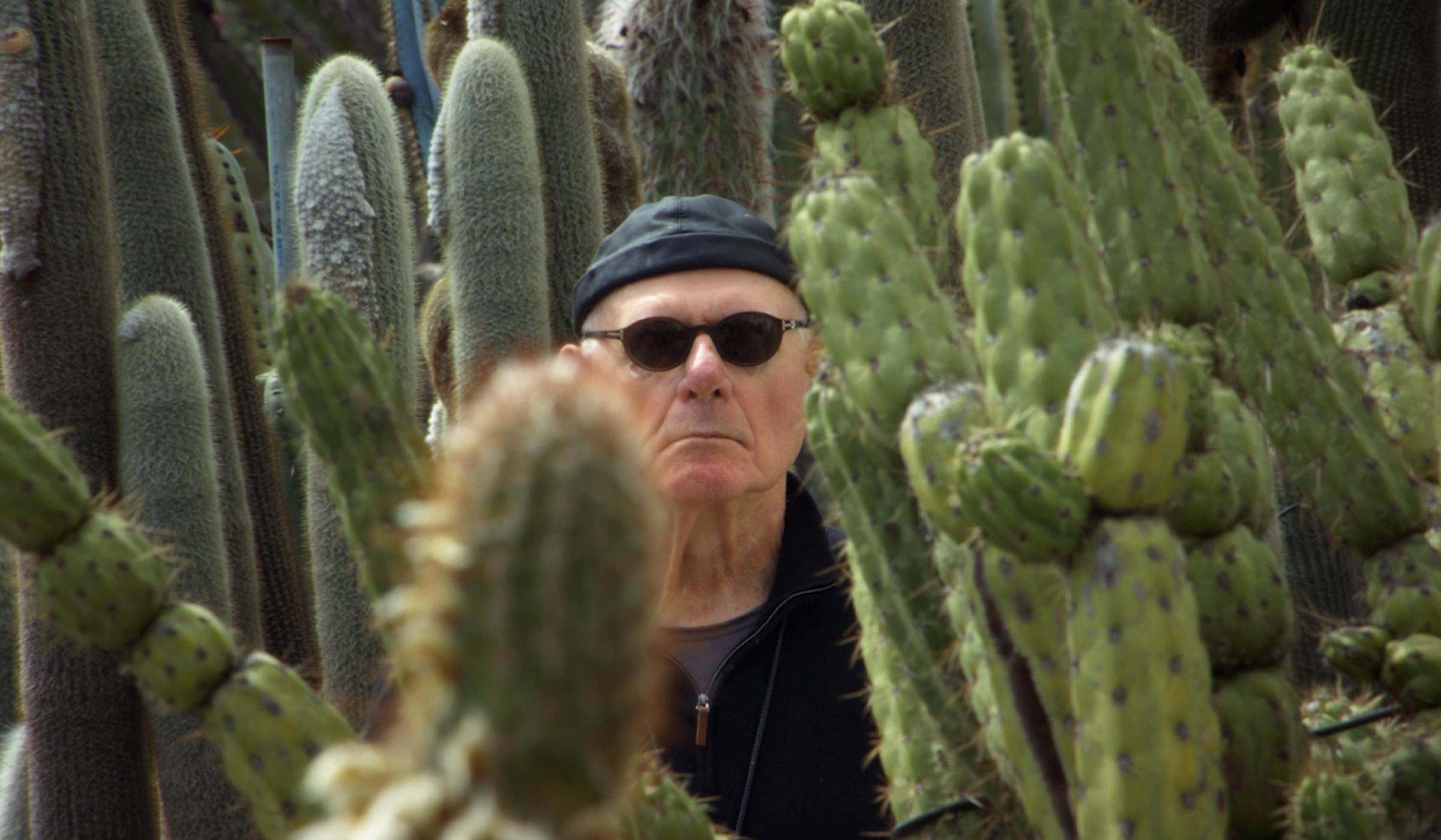
video
Beauty and aesthetics
The grit of cacti and the drumbeat of time shape a sculptor’s life philosophy
11 minutes
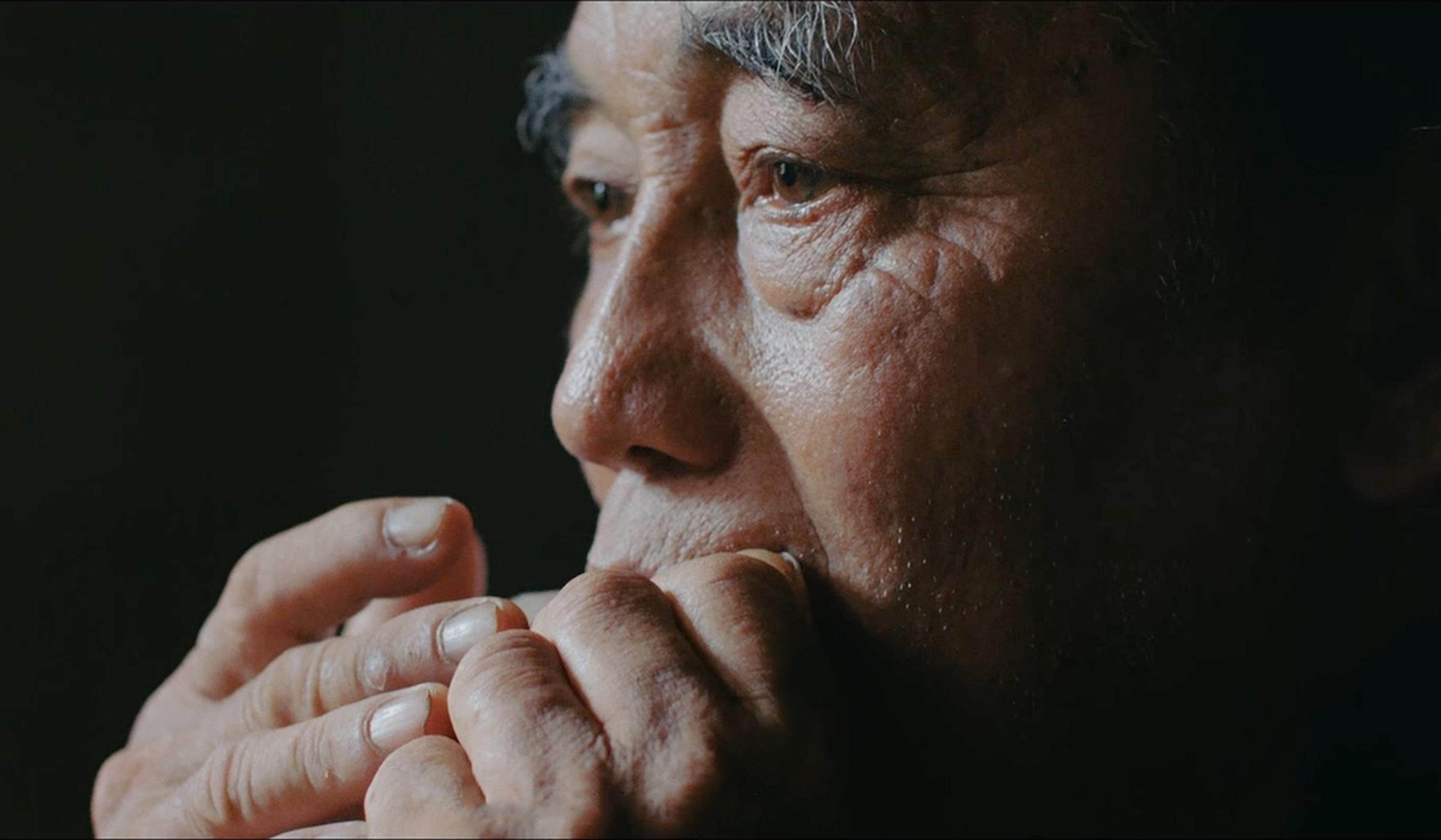
video
Language and linguistics
Messages born of melody – hear the whistled language of the Hmong people
18 minutes
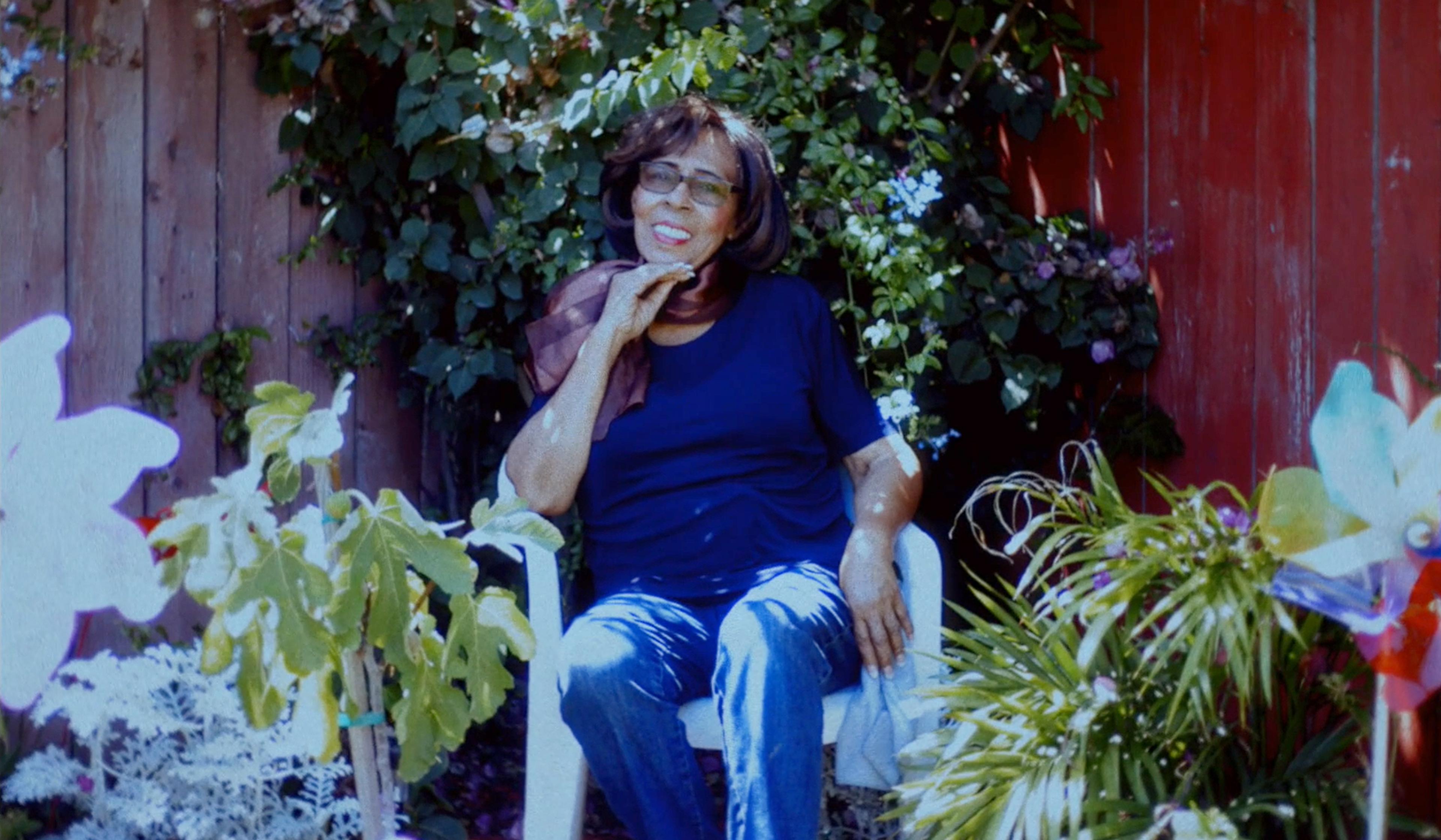
video
Biography and memoir
A gentle soul in an oppressive land – Bonnie’s story of life in America
11 minutes
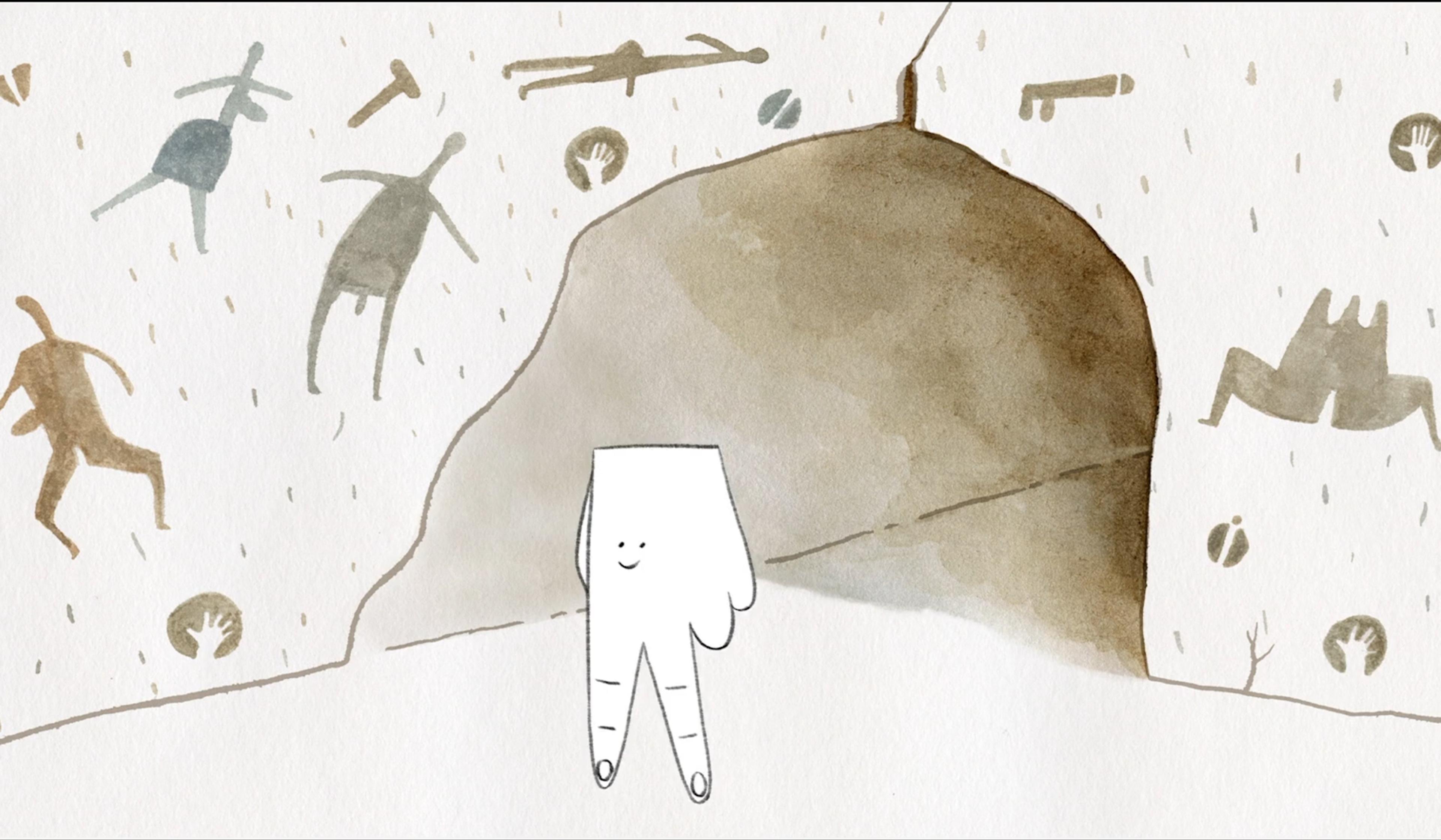
video
Sex and sexuality
For ages, solo sex was hardly taboo. What led to its centuries-long dry spell?
4 minutes